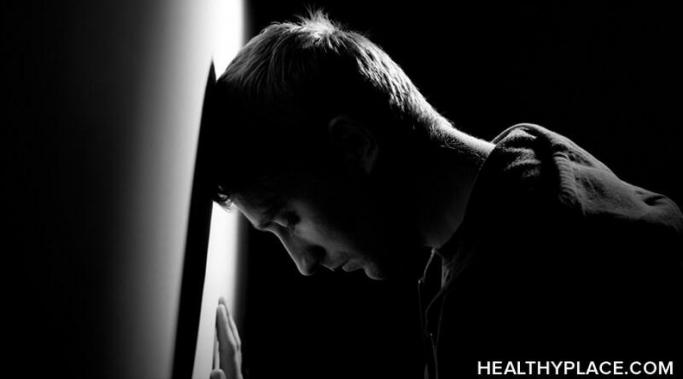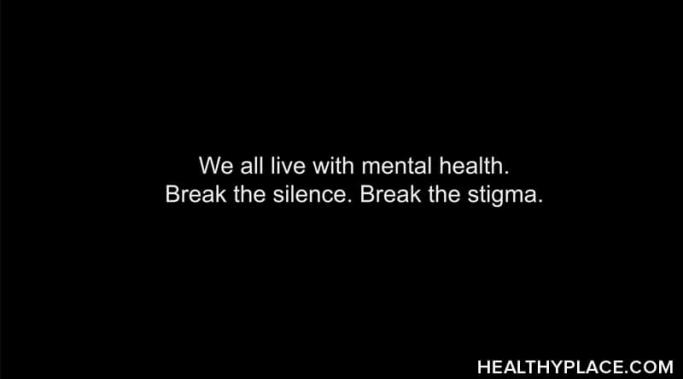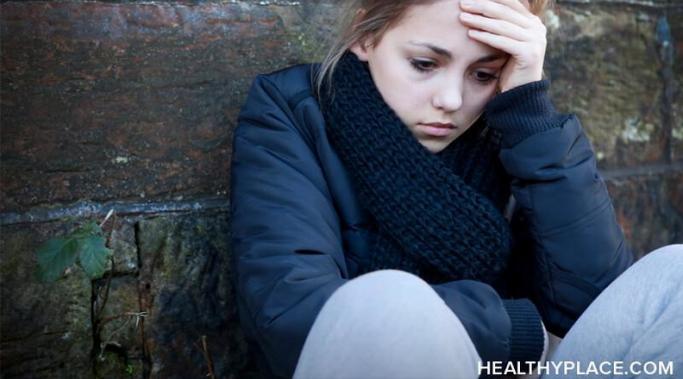Blogs
Asking for mental health help is hard. Making the decision to move back home and get eating disorder treatment was difficult for me, even though I had known for a long time that something was wrong. I wasn't okay and I finally surrendered. I felt like it was my only choice. I've always been ambitious, and I needed to get my life back on track. At that moment, I wasn't able to do anything. Asking for mental health help was the best thing I could have done.
Eating disorder deaths can be compared to a slow suicide. It often goes without saying, there are severe physical and psychological effects associated with an eating disorder—but are you aware that every 62 minutes, a person dies from the complications of an eating disorder? This makes an eating disorder the deadliest of any mental illness on record. The reason that an eating disorder is so harmful and potentially fatal is that it impacts both the sufferer's mind and body. If untreated, this destructive combination can turn an eating disorder into a tortuous and slow suicide attempt.
Self-hatred is an attitude about oneself that can increase the risk of suicide. Some people may not quite get how anyone could hate him or herself. But it’s actually a common problem. Suicide Awareness Month is an opportunity to look at the problem of suicide honestly. This means underlining what the risk factors are for suicide. After all, many people -– whether or not they are personally connected to someone who has thought about, attempted, or died by suicide -– may fail to grasp why the idea could ever enter a person’s mind. Greater understanding will make suicide prevention easier. It allows us to spot warning signs, such as self-hate in connection with suicide, and respond appropriately.
People with attention-deficit/hyperactivity disorder (ADHD) face many challenges at work, but there are ways to help them excel.* A nine-to-five office job is difficult for many people, especially those with ADHD. I personally like the structure and stability of that kind of position, but the idea of doing something in the same place for eight hours, often under someone else's supervision, is daunting. That said, the following advice applies to a variety of jobs, traditional or not.
The stigma around men’s mental health often goes overlooked. Since I was a boy, I’ve been disciplined to deal with my emotions in a very particular way. Daphne Rose Kingma said it best in her book The Men We Never Knew, “Men are taught, point-by-point, not to feel, not to cry, and not to find the words to express themselves.” This became very apparent to me when I was in my early years of college and had my first panic attack. I was at a party, surrounded by a group of guys and, very quickly, found them all laughing at me and taking videos for amusement. The panic turned to tears and I was criticized for, “acting like a woman.” This is just one example of men’s mental health stigma.
I accept a binge eating disorder challenge each summer because, at times in my recovery journey, I begin to feel like I'm at a standstill. I'm thankfully not going backward, but I am also not really moving forward either. It is in moments like these where I decide to throw an eating disorder challenge or two my way in order to continually test myself and push for growth.
Even if giving advice comes naturally to you, taking your own advice might be harder for you. If you struggle with anxiety and/or depression, you might doubt your wisdom and question whether any of your advice would benefit you. But taking your advice can actually help you overcome anxiety and depression. Read this article to learn how taking your own advice can help you through depression and anxiety.
The topic of binge eating disorder and suicide is timely since September is a full month dedicated to suicide awareness and prevention. Because individuals with eating disorders are at a high risk of developing suicidal thoughts and behaviors, I thought this would be the perfect time to write a post on this sensitive subject.
I’m Heidi Green, new author for the Living a Blissful Life blog. I’m so pleased to be working with HealthyPlace because I am passionate about helping people overcome their challenges and live their best lives. My personal wellness journey began in my 20s after a serious bout of depression following my divorce. After seeking the support of a great therapist, I realized I had been suffering with depression and anxiety for years due to childhood trauma. I dedicated myself to improving my mental health, examining my self-esteem and relationship issues, and challenging my self-limiting beliefs.
It's not just those of us with mental illness who combat or want to combat mental health stigma. People in our support systems and others who may not have a connection to mental illness often want to do something as well. Maybe it's a matter of not knowing what to do or where to start, maybe it's something else. Whatever it is, if you fall into those categories, this post with tips to combat stigma is for you.









